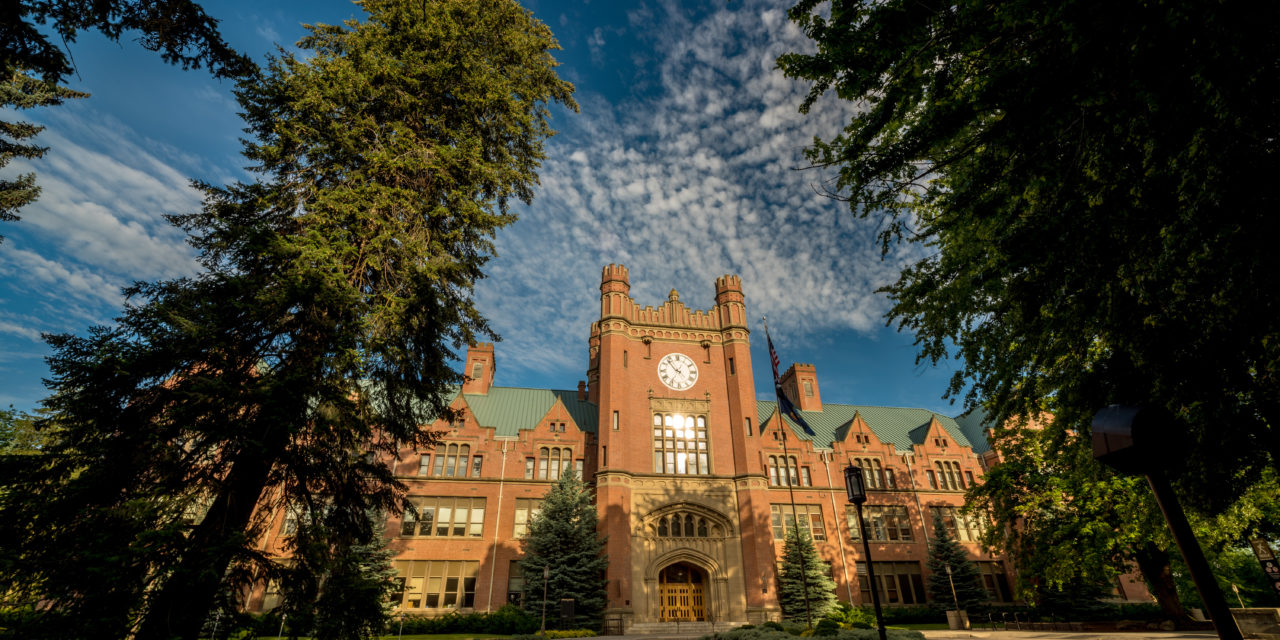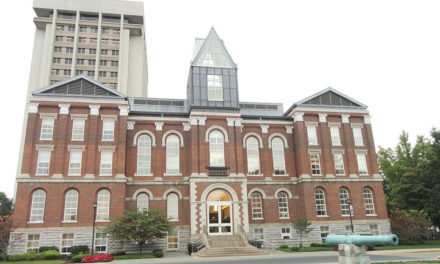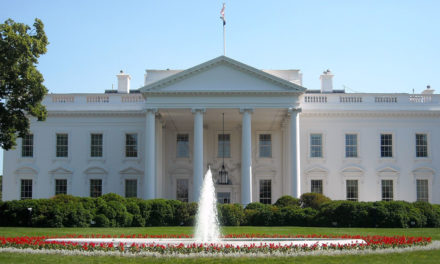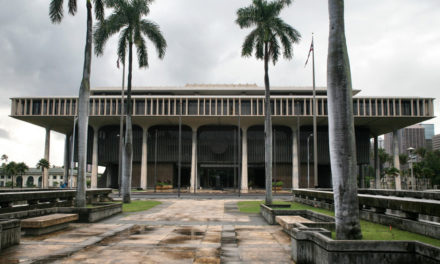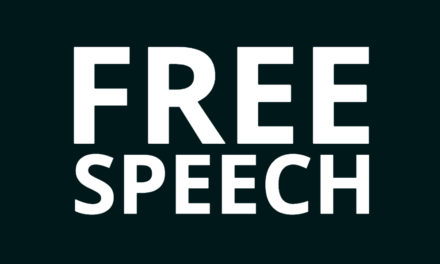A federal court has issued a preliminary injunction blocking the University of Idaho from imposing “no contact” orders on three law students who are members of the Christian Legal Society (CLS) campus club as well as the club’s faculty adviser for answering a question about biblical marriage from another student, who was offended by the answer.
In April, the Daily Citizen brought you the story of the circumstances surrounding the university’s gag order on the three Christian law students, which began during a university-wide “moment of community” held in response to an anti-LGBT slur left on a whiteboard at the Boise campus. The CLS members attended the event to condemn the slur and publicly support and pray in solidarity with their fellow students.
At the event, another student – a lesbian – asked one of the CLS members, Peter Perlot, why the club required its officers to affirm that marriage is between one man and one woman. After a polite response from Perlot about the biblical definition of marriage, and an offer to follow up with the questioner, several days passed. Then, at a campus panel with the American Bar Association (ABA) having to do with the law school’s accreditation, she publicly denounced CLS and its policies as bigoted.
The CLS members attending the ABA event defended the club’s policy and raised the larger issue of discrimination against CLS and its beliefs.
Three days later, and without an opportunity to be notified and be heard, Perlot and two other CLS members, Mark Miller and Ryan Alexander, were issued “no contact” orders requiring the three to stay away from and have no communications with the female student in question. The orders came after she filed a sexual harassment claim with the university, alleging the CLS members who answered her marriage question and spoke up at the ABA meeting left her feeling “targeted and unsafe.”
To defend their rights, the three CLS members then sued the university. At the time, the CLS faculty adviser, Professor Richard Seamon, emailed the female student expressing his concern for her well-being. In her response, she accused the club – and the professor – of causing her to fear for her life, and stated she was afraid to attend his class.
“I fear you. I fear the CLS. My life, my grades, my law school career are not safe with a professor that is actively working towards taking away my human rights,” she responded to Seamon in an email.
The university then issued the professor a “limited contact” order requiring that he not communicate with the female student except as may be required for a classroom assignment, discussion, and attendance.
Thank God for the clear-thinking federal judge who oversees the CLS lawsuit.
U.S. District Court Judge David C. Nye ruled on June 30 that the university had likely violated the First Amendment free speech rights of the CLS members and faculty advisor by targeting the content and viewpoint of their speech. He also found the university’s actions violated the CLS members’ freedom of religion and 14th Amendment right of due process.
“There is a sad irony in the fact that the restraint on Plaintiffs’ speech began at an event meant to reiterate acceptance and tolerance and to dissuade bullying and marginalization,” Judge Nye wrote in his decision. “The Court shares law school Dean Johanna Kalb’s hope that, at a law school, classrooms and hallways will be a place of robust discussion and debate and that the foundation for all of these discussions will be mutual respect and grace.”
Then the judge made things painfully clear to the university, and to anyone wishing to silence people they disagree with.
“Some may disagree with Plaintiffs’ religious beliefs,” Nye wrote. “Such is each person’s prerogative and right. But none should disagree that Plaintiffs have a right to express their religious beliefs without fear of retribution. The Constitution makes that clear.”
Clear to some, perhaps, but these days it’s not a sure thing, especially for timid law school administrators and their easily offended students.
The CLS members and Prof. Seamon are represented by attorneys with Alliance Defending Freedom (ADF) and CLS. Both organizations acknowledged the court victory in a press release.
“Today’s university students will be tomorrow’s leaders, judges, and voters, so it’s imperative that university officials model the First Amendment freedoms they are supposed to be teaching their students,” said ADF Senior Counsel Tyson Langhofer, director of the ADF Center for Academic Freedom. “The University of Idaho must stop discriminating against students’ religious beliefs and allow students of all ideological perspectives to freely debate important issues of our day.”
“College campuses should be places where free speech is vibrant and the First Amendment is esteemed,” said CLS Executive Director and CEO David Nammo. “CLS is grateful the court acknowledged this today and stood up against a cancel culture threatened by a marketplace of differing ideas.”
This Idaho case closely resembles a similar situation at the University of Southern Illinois Edwardsville, where ADF is representing a graduate student, Maggie DeJong, a Christian, who was issued a similar “no contact” order after several of her fellow graduate students took offense at some of the beliefs she expressed in class and on social media.
It’s sad enough that many graduate students in our nation’s public universities do not have the maturity level to listen to viewpoints they do not agree with. But it’s equally disappointing when school administrators, who should know better, surrender others’ constitutional rights at the drop of a hat.
That’s why it’s important to have judges like Judge Nye around who bring legal disputes like this one back into proper perspective.
We’ll be watching closely to see whether the University of Idaho admits defeat following this ruling and starts respecting the rights of Christians on campus, or continues to defend its unconstitutional actions as the case moves forward.
Photo from Shutterstock.

